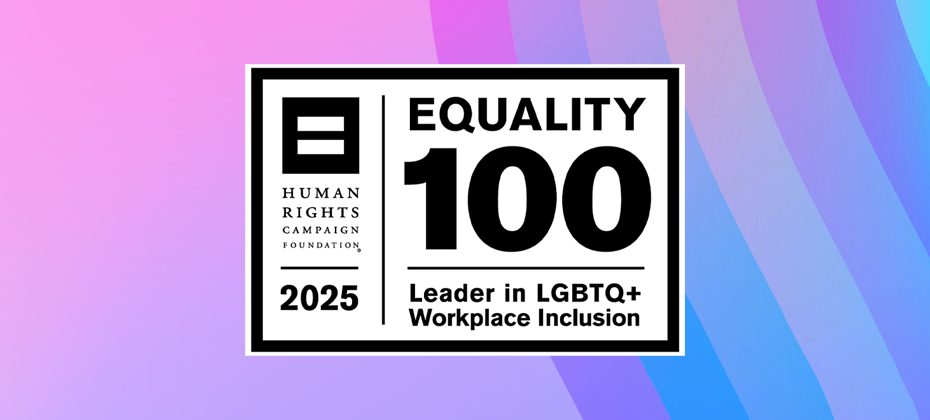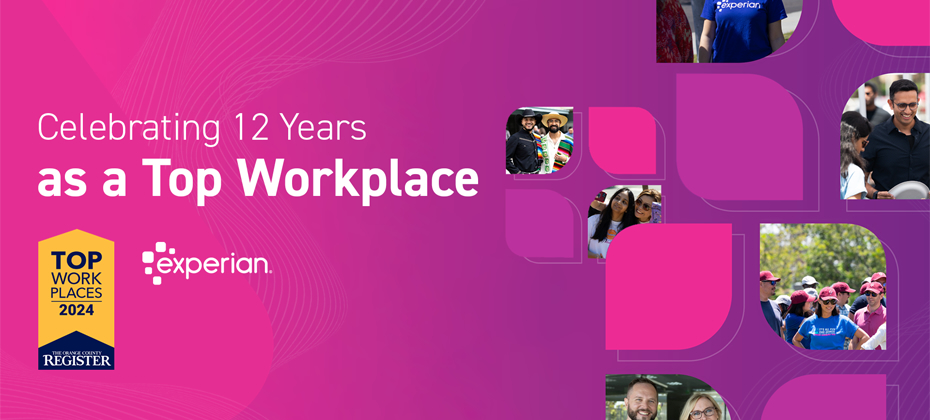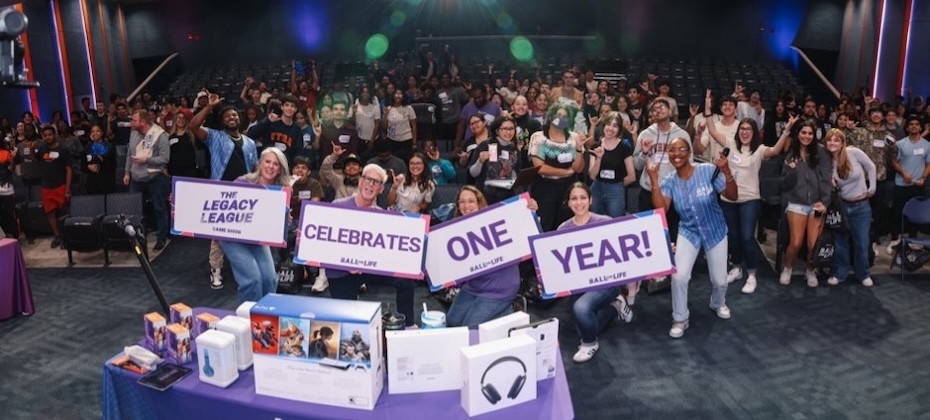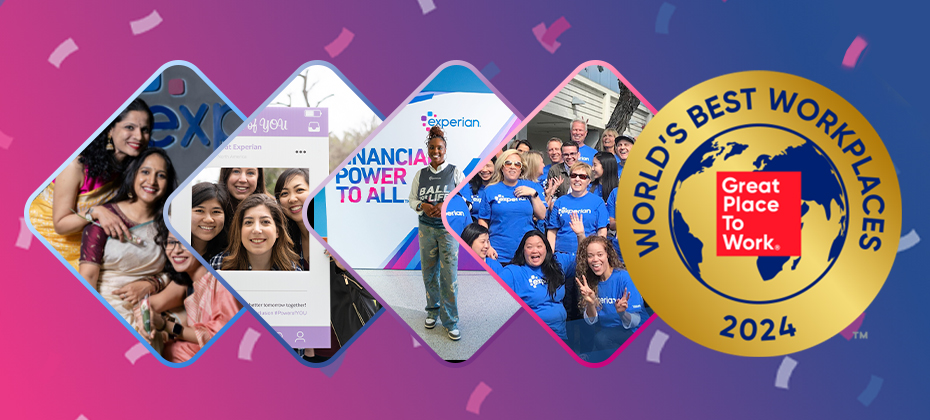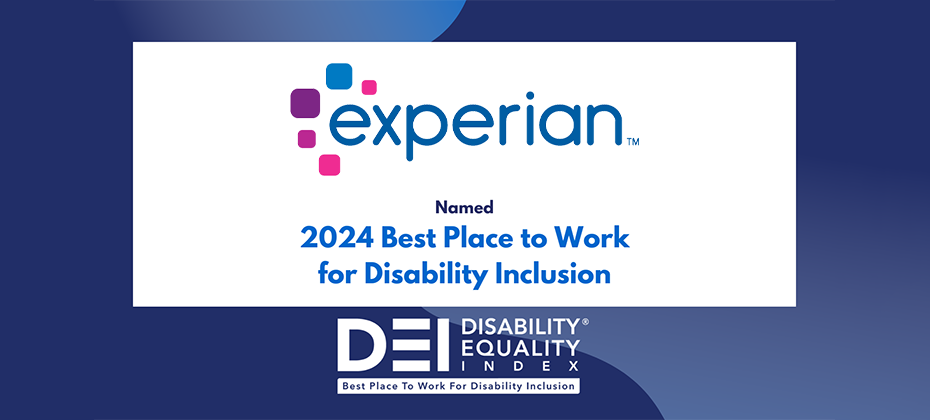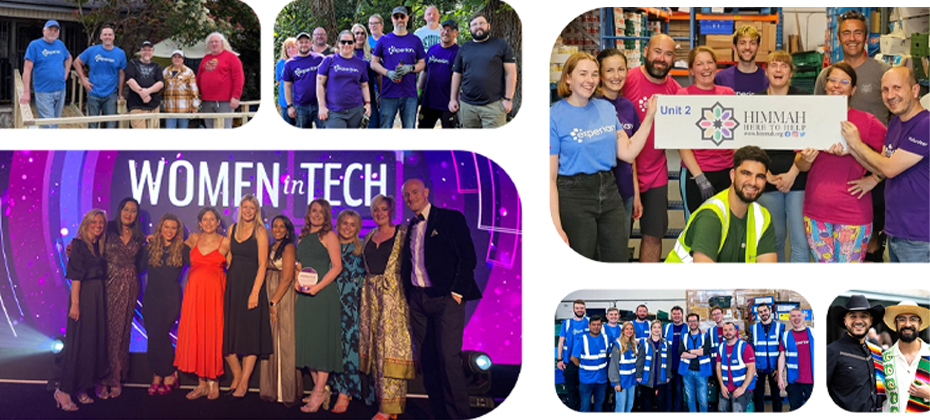At A Glance
At a Glance When an unknown printer took a galley of type and scrambled it to make a type 2ince the 1500s, when an unknown printer took a galley of type and scrambled it to make a type specimen book. It has survived not only five centuries, but also the leap into electronic typesetting, remaining essentially unchanged. It was popularised in the 1960s with the release ince the 1500s, when an unknown printer took a galley of type and scrambled it to make a type specimen book. It has survived not only five centuries, but also the leap into electronic typesetting, remaining essentially unchanged. It was popularised in the 1960s with the releaseince the 1500s, when an unknown printer took a galley of type and scrambled it to make a type specimen book. It has survived not only five centuries, but also the leap into electronic typesetting, remaining essentially unchanged. It was popularised in the 1960s with the releaseince the 1500s, when an unknown printer took a galley of type and scrambled it to make a type specimen book. It has survived not only five centuries, but also the leap into electronic typesetting, remaining essentially unchanged. It was popularised in the 1960s with the releaseince the 1500s, when an unknown printer took a galley of type and scrambled it to make a type specimen book. It has survived not only five centuries, but also the leap into electronic typesetting, remaining essentially unchanged. It was popularised in the 1960s with the release

Lorem Ipsum is simply dummy text of the printing and typesetting industry. Lorem Ipsum has been the industry's standard dummy text ever since the 1500s, when an unknown printer took a galley of type and scrambled it to make a type specimen book. It has survived not only five centuries, but also the leap into electronic typesetting, remaining essentially unchangedAuthor One First Heading Lorem Ipsum is simply dummy text of the printing and typesetting industry. Lorem Ipsum has been the industry's standard dummy text ever since the 1500s, when an unknown printer took a galley of type and scrambled it to make a type specimen book. It has survived not only five centuries, but also the leap into electronic typesetting, remaining essentially unchanged It was popularised in the 1960s with the release of Letraset sheets containing Lorem Ipsum passages, and more recently with desktop publishing software like Aldus PageMaker including versions of Lorem Ipsum. Why do we use it? It is a long established fact that a reader will be distracted by the readable content of a page when looking at its layout. The point of using Lorem Ipsum is that it has a more-or-less normal distribution of letters, as opposed to using 'Content here, content here', making it look like readable English. Many desktop publishing packages and web page editors now use Lorem Ipsum as their default model text, and a search for 'lorem ipsum' will uncover many web sites still in their infancy. Various versions have evolved over the years, sometimes by accident, sometimes on purpose (injected humour and the like). It was popularised in the 1960s with the release of Letraset sheets containing Lorem Ipsum passages, and more recently with desktop publishing software like Aldus PageMaker including versions of Lorem Ipsum. Why do we use it? It is a long established fact that a reader will be distracted by the readable content of a page when looking at its layout. The point of using Lorem Ipsum is that it has a more-or-less normal distribution of letters, as opposed to using 'Content here, content here', making it look like readable English. Many desktop publishing packages and web page editors now use Lorem Ipsum as their default model text, and a search for 'lorem ipsum' will uncover many web sites still in their infancy. Various versions have evolved over the years, sometimes by accident, sometimes on purpose (injected humour and the like). Second Heading It was popularised in the 1960s with the release of Letraset sheets containing Lorem Ipsum passages, and more recently with desktop publishing software like Aldus PageMaker including versions of Lorem Ipsum. Where can I get some? There are many variations of passages of Lorem Ipsum available, but the majority have suffered alteration in some form, by injected humour, or randomised words which don't look even slightly believable. If you are going to use a passage of Lorem Ipsum, you need to be sure there isn't anything embarrassing hidden in the middle of text. All the Lorem Ipsum generators on the Internet tend to repeat predefined chunks as necessary, making this the first true generator on the Internet. It uses a dictionary of over 200 Latin words, combined with a handful of model sentence structures, to generate Lorem Ipsum which looks reasonable. There are many variations of passages of Lorem Ipsum available, but the majority have suffered alteration in some form, by injected humour, or randomised words which don't look even slightly believable. If you are going to use a passage of Lorem Ipsum, you need to be sure there isn't anything embarrassing hidden in the middle of text. All the Lorem Ipsum generators on the Internet tend to repeat predefined chunks as necessary, making this the first true generator on the Internet. It uses a dictionary of over 200 Latin words, combined with a handful of model sentence structures, to generate Lorem Ipsum which looks reasonable. The generated Lorem Ipsum is therefore always free from repetition, injected humour, or non-characteristic words etc.Author test Buttons margin test First button Second button Third button

Read Moreio55 Button 2- Learn more Primary button Secondary button Related Posts

dsad secondary some updates What Business Owners Need to Know As of January 1st, 2024, a crucial new reporting requirement will take effect for business owners across the United States: the Beneficial Ownership Information Report (BOI). This mandate, part of the Corporate Transparency Act, is designed to increase transparency within the business community and to combat illegal activities such as money laundering and fraud. Business owners have until January 1st, 2025, to comply with this new regulation, making it essential to understand who must file and what information needs to be reported. Watch Our Explainer Video The Corporate Transparency Act: A Brief Overview The Corporate Transparency Act is a significant piece of legislation aimed at enhancing corporate transparency in the U.S. One of its key components is the Beneficial Ownership Information Report, which requires certain businesses to disclose details about their beneficial owners to the Financial Crimes Enforcement Network (FinCEN). This effort is intended to curb illegal activities by making it more difficult for individuals to hide behind anonymous corporate entities. Who Is Considered a Beneficial Owner? Understanding who qualifies as a beneficial owner is critical for determining your company's obligations under the Corporate Transparency Act. A beneficial owner is any individual who meets one of the following criteria: Directly or indirectly owns or controls 25% or more of the company Exercises substantial control over the company This definition can include company founders, executives, and significant shareholders, all of whom may be required to be listed in the BOI report. Does Your Company Need to File? Not all businesses are required to file a Beneficial Ownership Information Report. To determine if your company must comply, consider the following criteria: Your company is a corporation Your company is a limited liability company (LLC) Your company has 20 full-time equivalent employees or fewer Your company is registered to do business in any U.S. state or Tribal jurisdiction by filing a document with a secretary of state, similar state office, or Tribe If any of these conditions apply to your business, you are likely required to file a BOI report with FinCEN. Information Required for the Beneficial Ownership Information Report Filing a Beneficial Ownership Information Report involves submitting specific details about each beneficial owner. The information required includes: Full legal name Date of birth Residential or business address Unique identifying number from an acceptable identification document, such as a passport or driver's license Providing accurate information is crucial, as it ensures the ownership of companies remains transparent and accountable, a key goal of the Corporate Transparency Act. How to File Your BOI Report The process of filing a BOI report is straightforward, but it requires careful attention to detail. Here's how to get started: Gather Required Information: Collect all necessary information about your beneficial owners, ensuring that each detail is accurate and up-to-date. Submit Electronically to FinCEN: Visit FinCEN’s secure online portal at boiefiling.fincen.gov. You can submit your BOI report in one of two ways: PDF Submission: Download the form, fill it out, and re-upload it to the portal.Online Filing: Complete the information directly on the website and upload any necessary identification documents. Seeking Professional Assistance Filing a BOI report can seem daunting, especially for business owners unfamiliar with the process. If you feel more comfortable working with someone who has experience in this area, consider reaching out to a legal or financial advisor. These professionals can offer personalized assistance and ensure your report is filed correctly and on time. Final Thoughts: Stay Informed and Prepared The introduction of the Beneficial Ownership Information Report represents a significant shift in the regulatory landscape for U.S. businesses. By understanding your obligations and taking the necessary steps to comply, you can avoid potential penalties and contribute to a more transparent and accountable business environment. Finally, as you prepare to file your BOI report, it may also be a good time to review your business credit report. Knowing what others see about your business can help you better manage your credit score and overall financial health. Checking your business credit report is quick and easy, and we recommend doing so through trusted services like Experian. This new reporting requirement is an important step toward greater transparency in business ownership. By staying informed and acting promptly, business owners can ensure they meet their obligations under the Corporate Transparency Act. Frequently Asked Questions Who is considered a beneficial owner? A beneficial owner is someone who owns or controls at least 25% of the company, or who has substantial control over it.https://www.fincen.gov/sites/default/files/shared/BOI_Reporting_Key_Questions_Published_508C.pdf What information is required? A reporting company must provide its legal name, address, jurisdiction of formation, and Taxpayer Identification Number (TIN). Who can file the report? An employee, owner, or third-party service provider can file the report on behalf of the company. When is the filing deadline? Companies that lose their exempt status between January 1, 2024 and January 1, 2025 have until January 1, 2025 to file their first report. Should my company report beneficial ownership information now? FinCEN launched the BOI E-Filing website for reporting beneficial ownership information (https://boiefiling.fincen.gov) on January 1, 2024.A reporting company created or registered to do business before January 1, 2024, will have until January 1, 2025, to file its initial BOI report.A reporting company created or registered in 2024 will have 90 calendar days to file after receiving actual or public notice that its creation or registration is effective.A reporting company created or registered on or after January 1, 2025, will have 30 calendar days to file after receiving actual or public notice that its creation or registration is effective. Time needed: 3 hours and 10 minutes. go to step 1 this is step 1 descriptpin go to step 2 this is step 2 description go to step 3 this is step 3 description first second

Patients use self-service tools to easily connect with providers online and manage administrative tasks 24/7. Common patient self-service tools include patient portals, online scheduling and mobile registration. Self-service solutions also include robust financial tools that help patients update insurance information, get accurate estimates, apply for charity care, set up payment plans, combine payments to multiple providers or set up a fundraising page. Patients use self-service tools to easily connect with providers online and manage administrative tasks 24/7. Common patient self-service tools include patient portals, online scheduling and mobile registration. Self-service solutions also include robust financial tools that help patients update insurance information, get accurate estimates, apply for charity care, set up payment plans, combine payments to multiple providers or set up a fundraising page. Patients use self-service tools to easily connect with providers online and manage administrative tasks 24/7. Common patient self-service tools include patient portals, online scheduling and mobile registration. Self-service solutions also include robust financial tools that help patients update insurance information, get accurate estimates, apply for charity care, set up payment plans, combine payments to multiple providers or set up a fundraising page. Patients use self-service tools to easily connect with providers online and manage administrative tasks 24/7. Common patient self-service tools include patient portals, online scheduling and mobile registration. Self-service solutions also include robust financial tools that help patients update insurance information, get accurate estimates, apply for charity care, set up payment plans, combine payments to multiple providers or set up a fundraising page. This is my caption ThiRevving Up Innovation: Experian Helps Consumers Unshop for Auto Insurances is a link test List one List two List three test learn more buton Neque porro quisquam est qui dolorem ipsum quia dolor sit amet, consectetur, adipisci velit…The Best Author Ever Header here "Neque porro quisquam est qui dolorem ipsum quia dolor sit amet, consectetur, adipisci velit…""Neque porro quisquam est qui dolorem ipsum quia dolor sit amet, consectetur, adipisci velit…""Neque porro quisquam est qui dolorem ipsum quia dolor sit amet, consectetur, adipisci velit…" Header 1 "Neque porro quisquam est qui dolorem ipsum quia dolor sit amet, consectetur, adipisci velit…""Neque porro quisquam est qui dolorem ipsum quia dolor sit amet, consectetur, adipisci velit…""Neque porro quisquam est qui dolorem ipsum quia dolor sit amet, consectetur, adipisci Header 2 "Neque porro quisquam est qui dolorem ipsum quia dolor sit amet, consectetur, adipisci velit…""Neque porro quisquam est qui dolorem ipsum quia dolor sit amet, consectetur, adipisci velit…""Neque porro quisquam est ui dolorem ipsum quia dolor sit amet, consectetur, adipisci Learn 1 Learn 2 This is a quoteThis is a sitation <iframe title="YouTube video player" src="https://www.youtube.com/embed/ras0Ly946mY" width="560" height="315" frameborder="0" allowfullscreen="allowfullscreen"></iframe>

Patients use self-service tools to easily connect with providers online and manage administrative tasks 24/7. Common patient self-service tools include patient portals, online scheduling and mobile registration. Self-service solutions also include robust financial tools that help patients update insurance information, get accurate estimates, apply for charity care, set up payment plans, combine payments to multiple providers or set up a fundraising page. Lorem Ipsum comes from sections 1.10.32 and 1.10.33 of "de Finibus Bonorum et Malorum" (The Extremes of Good and Evil) by Cicero, written in 45 BC. This book is a treatise on the theory of ethics, very popular during the Renaissance. The first line of Lorem Ipsum, "Lorem ipsum dolor sit amet..", comes from a line in section 1.10.32. Heading 2 Related Posts

Title for the News Blog Contrary to popular belief, Lorem Ipsum is not simply random text. It has roots in a piece of classical Latin literature from 45 BC, making it over 2000 years old. Richard McClintock, a Latin professor at Hampden-Sydney College in Virginia, looked up one of the more obscure Latin words, consectetur, from a Lorem Ipsum passage, and going through the cites of the word in classical literature, discovered the undoubtable source. Lorem Ipsum comes from sections 1.10.32 and 1.10.33 of "de Finibus Bonorum et Malorum" (The Extremes of Good and Evil) by Cicero, written in 45 BC. This book is a treatise on the theory of ethics, very popular during the Renaissance. The first line of Lorem Ipsum, "Lorem ipsum dolor sit amet..", comes from a line in section 1.10.32.

Experian’s groundbreaking generative AI-powered tool, Experian Assistant, has earned the prestigious 2025 BIG Innovation Award in the Products for Financial Services category. This recognition underscores Experian’s commitment to pushing the boundaries of innovation by helping businesses achieve success and enhancing consumer experiences. The BIG Innovation Awards, celebrated since 2011, honor organizations and solutions that redefine excellence through creativity and measurable impact. Experian Assistant was recognized for transforming how financial institutions approach data and analytics, enabling faster, smarter decision-making that enhances customer experiences and operational efficiency. Redefining Financial Services Integrated with the Experian Ascend Platform™, Experian Assistant functions as a 24/7 data expert, enabling financial institutions to optimize their credit and fraud models with ease. Using natural language processing (NLP), the virtual assistant guides users providing insights, recommendations and coding assistance. The impact is transformative: Experian Assistant cuts model-development timelines from months to just days— and even hours in some cases. By helping users analyze credit and fraud data, adjust model attributes and streamline workflows, it empowers organizations to innovate faster and make data-driven decisions with confidence. Powered by agentic AI technology, Experian Assistant reimagines how data scientists and analysts approach their work. It accelerates insights, fosters collaboration and empowers businesses to deliver exceptional customer experiences while reducing the time and resources needed to bring new initiatives to market. Driving Results Across Industries While tailored for financial services, Experian Assistant’s capabilities extend across industries. Businesses can leverage its tools for data exploration, model deployment, performance monitoring and faster time-to-market for new offerings. With Experian Assistant, users gain a powerful edge in scoring more consumers, optimizing processes and enhancing overall customer satisfaction. Recognized Excellence The 2025 BIG Innovation Awards spotlight trailblazers evaluated on creativity, impact and results by seasoned business leaders. This accolade solidifies Experian Assistant’s position as a game-changing solution in financial services and beyond.

The recent wildfires in Los Angeles are now among the most destructive recorded in California’s history. Thousands of structures have been damaged or destroyed, and many families are facing the heartbreaking loss of their homes, businesses and personal belongings. The fires have also tragically claimed lives and caused significant injuries. In the wake of such devastation, the immediate priority for everyone is, of course, ensuring the safety and well-being of themselves and their loved ones. As communities come together to navigate this challenging time, we are committed to being a resource to consumers. Our hope is to help those impacted by the fires preempt or prevent potential impacts to their financial health and identity where possible. If you or someone you know has been impacted by the Los Angeles fires, here are some key points to keep in mind. 1. Safeguard Your Identity Natural disasters can unfortunately create opportunities for identity theft. Important documents containing personal information may be lost or scattered. According to the Federal Trade Commission, instances of identity theft have nearly tripled over the last decade and scammers often exploit chaotic situations and vulnerable consumers. Be Wary of Scammers: Sadly, following natural disasters, opportunistic fraudsters often deploy schemes tied to charity and donations, insurance, new financing, construction or clean up, and more. These perpetrators may lift and deploy tactics that were successful following natural disasters in other areas and deploy them to target those impacted by the LA wildfires. Stay vigilant against fraudsters who may try to steal your personal information or money through disaster-related schemes or offers that sound too good to be true. Use Free Credit Monitoring and Fraud Alerts: Take advantage of these services to keep an eye on your credit activity. If you notice anything suspicious, report it immediately to your bank or financial institution. Consider Freezing Your Credit: If your personal information has been compromised, freezing your credit with the three major credit reporting agencies can prevent new fraudulent credit applications. You can freeze your credit for free with Experian by clicking here or enrolling in its free app on your mobile device. 2. Contact Your Lenders In times of crisis, many financial institutions are willing to work with affected consumers. If you’re worried about paying your bills on time due to the fires, reach out to your mortgage, auto loan, and credit card companies as soon as possible. Your lenders can report accounts as deferred or in forbearance if you live in an area impacted by the fires. This means no late payments will be reported, allowing you to focus on immediate concerns. However, interest might continue to accrue on the balance, so be sure to understand the terms of any agreement. 3. Use Your Credit Report as a Financial Tool Tracking down contact information for each of your lenders can be overwhelming. Your credit report, which you can access for free at annualcreditreport.com or via the Experian website or its free app on your mobile device, can be a helpful starting point. While, understandably, protecting your credit history or identity may not be your immediate concern, taking a proactive approach could help prevent any or further damage to your financial health at a time when you need access to credit the most. For more tools and resources to protect your credit standing and financial health, please visit Ask Experian.

